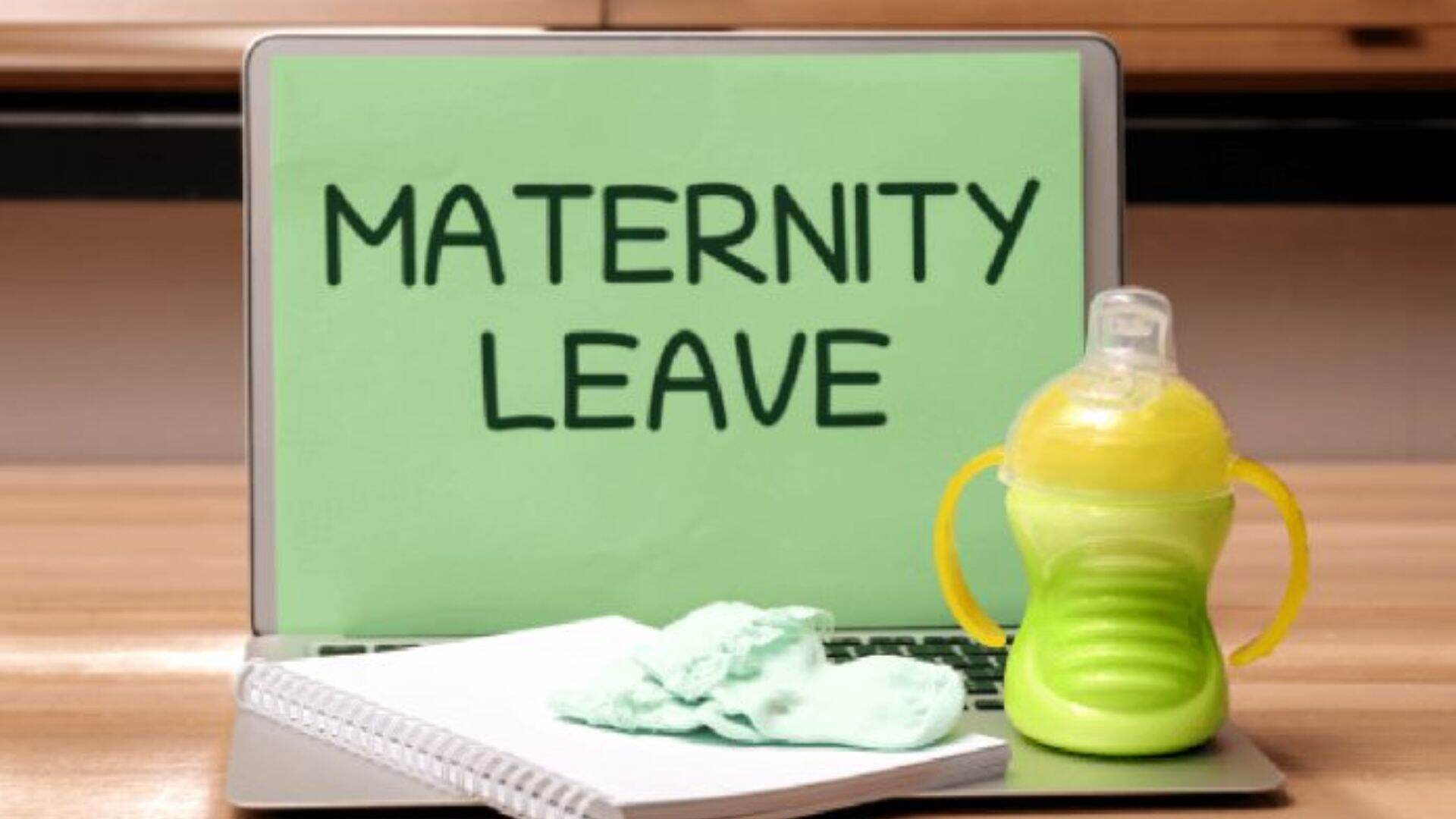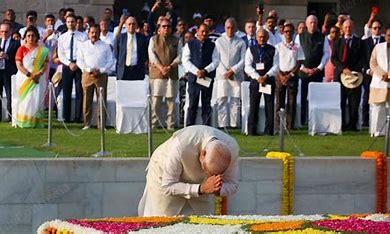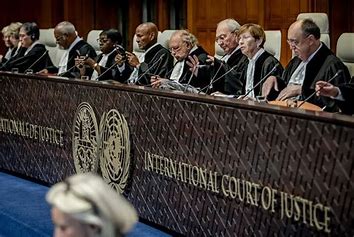
Government-employed women now have the opportunity to avail 180 days of maternity leave if they opt for surrogacy to have children, following recent amendments to a 50-year-old regulation by the Central government.
Up until this point, there were no regulations in place to provide maternity leave to female government employees when a child was born via surrogacy.
It has also allowed the “commissioning mother” (the intending mother of the child born through surrogacy) with childcare leave besides paternity leave of 15 days to the “commissioning father”, according to the changes made in the Central Civil Services (Leave) Rules, 1972.
The Personnel Ministry notified about the amended rules which read, “In case of surrogacy, the surrogate, as well as the commissioning mother with less than two surviving children, may be granted a maternity leave of 180 days, in case either or both of them are government servants.”
The new rules said, “In case of a child begotten through surrogacy, the commissioning father who is a male government servant with less than two surviving children may be granted paternity leave of 15 days within 6 months from the date of delivery of the child.”
In the case of surrogacy, the commissioning mother with less than two surviving children, may be granted childcare leave, reads the Central Civil Services (Leave) (Amendment) Rules, 2024, notified on June 18.
Existing rules allow “a female government servant and single male government servant” childcare leave for a maximum period of 730 days during entire service “for taking care of two eldest surviving children, whether for rearing or for looking after any of their needs, such as education, sickness and the like”.
The Personnel Ministry clarified that a “surrogate mother” is the woman bearing the child for the commissioning mother, and a “commissioning father” is the intending father of the child born through surrogacy, as per the amended rules.















